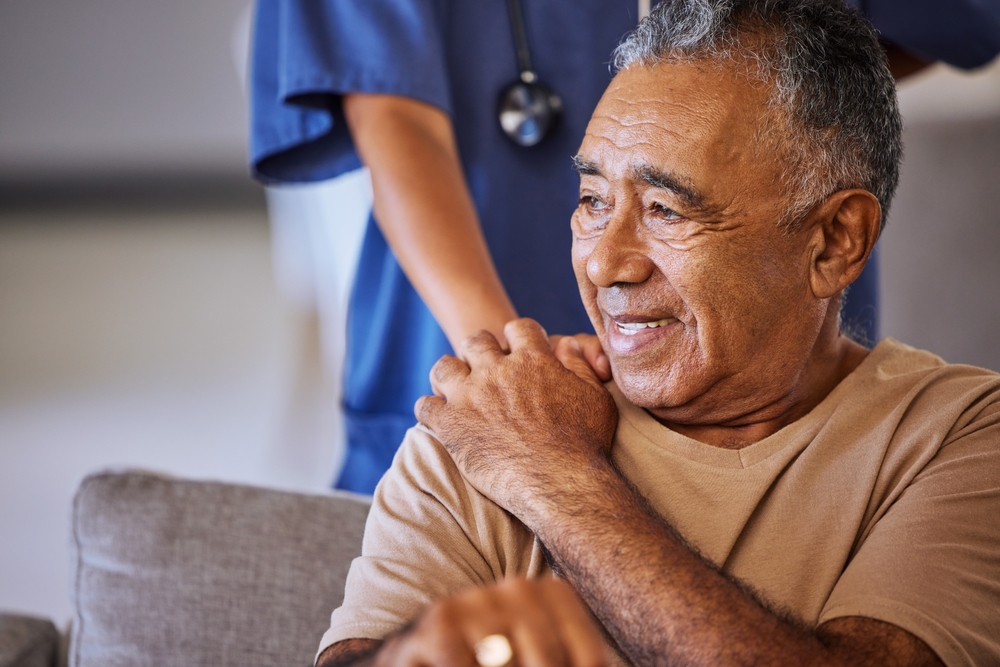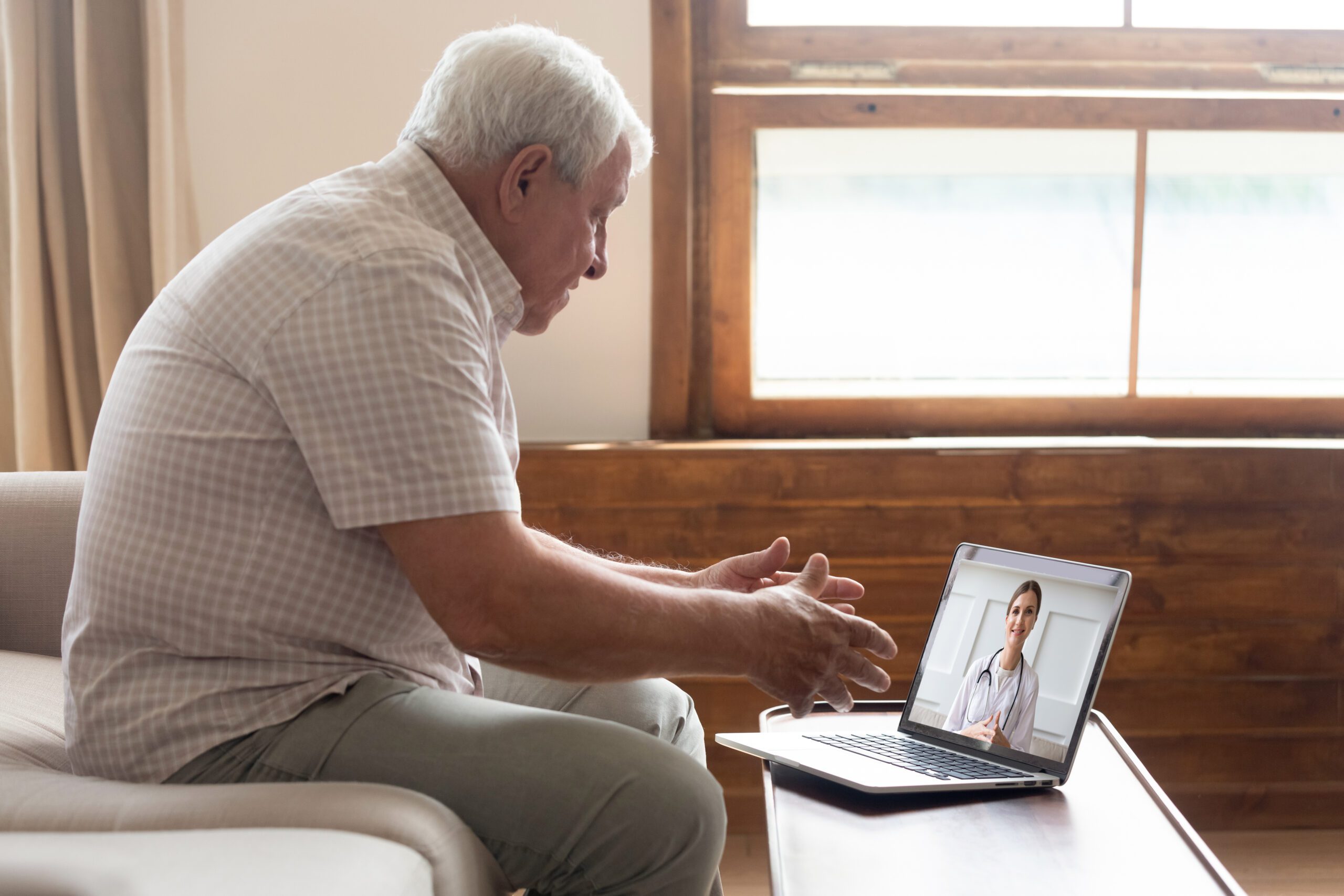Imagine a healthcare system where patients are not mere subjects of care, but active participants in creating positive outcomes in their health journey. This vision is becoming a reality as patient education takes center stage in healthcare conversations. The correlation between informed patients and improved health metrics is undeniable, and as we delve deeper into the critical role of patient education in the management of acute and chronic conditions, it’s clear that knowledge truly is power. Join us in exploring the transformative impact of improving patient education on healthcare outcomes.
Understanding the Impact of Informed Patients
The healthcare landscape is evolving, with patient education emerging as a fundamental contributor to improving health outcomes, regardless of factors like patient age, gender, sex, and location. The numbers speak volumes: informed patients experience significantly better health outcomes, which translates into reduced healthcare costs, lower relapse rates, and a higher overall quality of life. Let’s examine some of the real-world implications of this paradigm shift.
Enhanced Patient Engagement Improves Wellbeing
Educated patients are empowered patients. With access to, and assistance understanding, information relevant to their condition, patients become more proactive in managing their health. The statistics are compelling: engaged patients show a remarkable 19% decrease in hospital admissions and a substantial 34% decrease in healthcare costs compared to those that don’t (Health Affairs, 2013). This isn’t a coincidence. When patients understand their conditions and the importance of their care plans, they are more likely to follow through, leading to better health outcomes and reduced strain on the healthcare system.
Better Management of Chronic Conditions
Chronic conditions require continuous care and management, which can be challenging for both patients and healthcare providers. However, when patients are educated about their conditions, they become active partners in their own care. Data from the Agency for Healthcare Research and Quality (2019) indicates that educated patients with chronic conditions are 26% less likely to be hospitalized and have 14% fewer physician visits. Through quality, patient-specific education, patients learn to recognize and report symptoms early, manage their conditions more effectively, and help prevent complications that can lead to hospital readmissions.
Improved Medication Adherence
Medication non-adherence is a pervasive issue that leads to worsening health, increased hospitalizations, and higher costs, especially in older individuals and people with more than one chronic health condition. The link between patient education and adherence to treatment plans, including medication regimens, cannot be overstated. A study published in the Journal of the American Pharmacists Association in 2018 found that patient education can improve medication adherence rates by up to 50% in chronic disease management. By understanding their medications—what they are for, how they work, and their importance—patients are more likely to take them as prescribed, ask questions when unsure of something, and understand when to bring up possible side effects or signs of medication failure before they become larger problems.
Strategies for Effectively Educating Patients
Healthcare providers play a vital role in patient education, but what strategies can they employ to ensure their patients are well-informed? Effective patient education requires more than just handing out pamphlets; it demands a strategic approach that involves technology, communication skills, and a culture that prioritizes learning.
Leveraging Technology and Resources
In the digital age, technology offers novel ways to disseminate information. From mobile health apps to online platforms, healthcare providers have a wealth of tools at their disposal to support patient education. These resources can help make complex medical information more accessible and understandable, providing patients with the knowledge they need, when they need it.
Communication Skills for Healthcare Providers
Clear and compassionate communication is the bedrock of effective patient education. Healthcare providers must be skilled in translating medical jargon into layman’s terms and be able to adapt their communication style to the diverse needs of their patients. By enhancing their communication techniques and slowing down during their explanations, healthcare professionals can ensure that their patients not only receive the information but also fully comprehend it in a way that will make it actionable.
Creating a Culture of Continuous Learning
A culture that values continuous learning within healthcare settings can significantly boost patient education efforts. By fostering an environment where ongoing education is encouraged amongst everyone, including support staff, doctors, and nurses, healthcare providers can keep patients informed about the latest developments in their care and overall well-being. This culture shift can lead to sustained patient engagement and empowerment and ultimately benefit patients and providers alike with improved health outcomes.
Educated Patients Are Healthier Patients
Patient education is not simply an added bonus—it is a fundamental element of a robust healthcare system that is willing to innovate and adopt new resources and technologies as they become available. As we advance in the digital era, the opportunities for enhancing patient education are vast. At Aetonix, we’re committed to empowering healthcare providers with the tools and resources they need to ensure their patients are well-informed and engaged in their healthcare. To help healthcare providers achieve that mission, we’ve created aTouchAway™ to provide an easy-to-use platform that offers virtual communication, remote patient monitoring, and much, much more.
Knowledge is your most powerful tool in the quest for superior healthcare outcomes. Thank you for reading. To stay up to date on current healthcare topics and news about Aetonix, subscribe to our mailing list at the bottom of our blog page. Connect with us on social media using the links at the bottom of this page and share your thoughts on how we can further the cause of patient education together.



